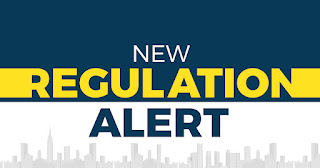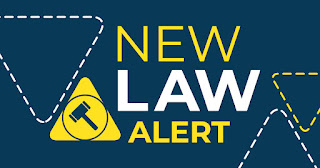On June 28, 2024, New York State Governor Kathy Hochul signed into law A6138, which clarifies that individuals bringing untimely or inadequately filed lawsuits for sexual offenses revived by the Adult Survivors Act (ASA) under three other laws are not required to file a notice of claim or notice of intention to file a claim beforehand when such suits are brought against the Government.
While the
ASA provided that sexual offenses claims can be revived even if the statute of
limitations period passed or a notice of claim went unfiled, the ASA did not
directly amend the specific laws such revived suits are brought under to eliminate
these procedural hurdles.
The Bill clarifies
that individuals bringing procedurally flawed claims revived by the ASA under
the Court of Claims Act, General Municipal Law, and Education Law,
specifically, are not required to file a notice of claim or intention to file a
notice of claim prior.
This clarification went into effect immediately and applies to lawsuits either pending on or brought after June 28, 2024.







